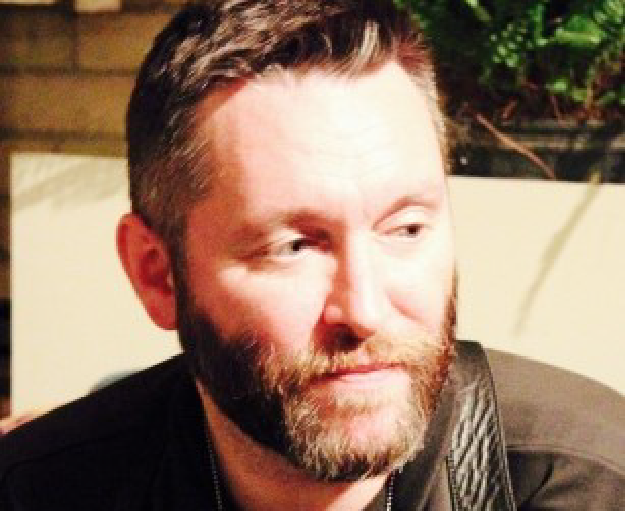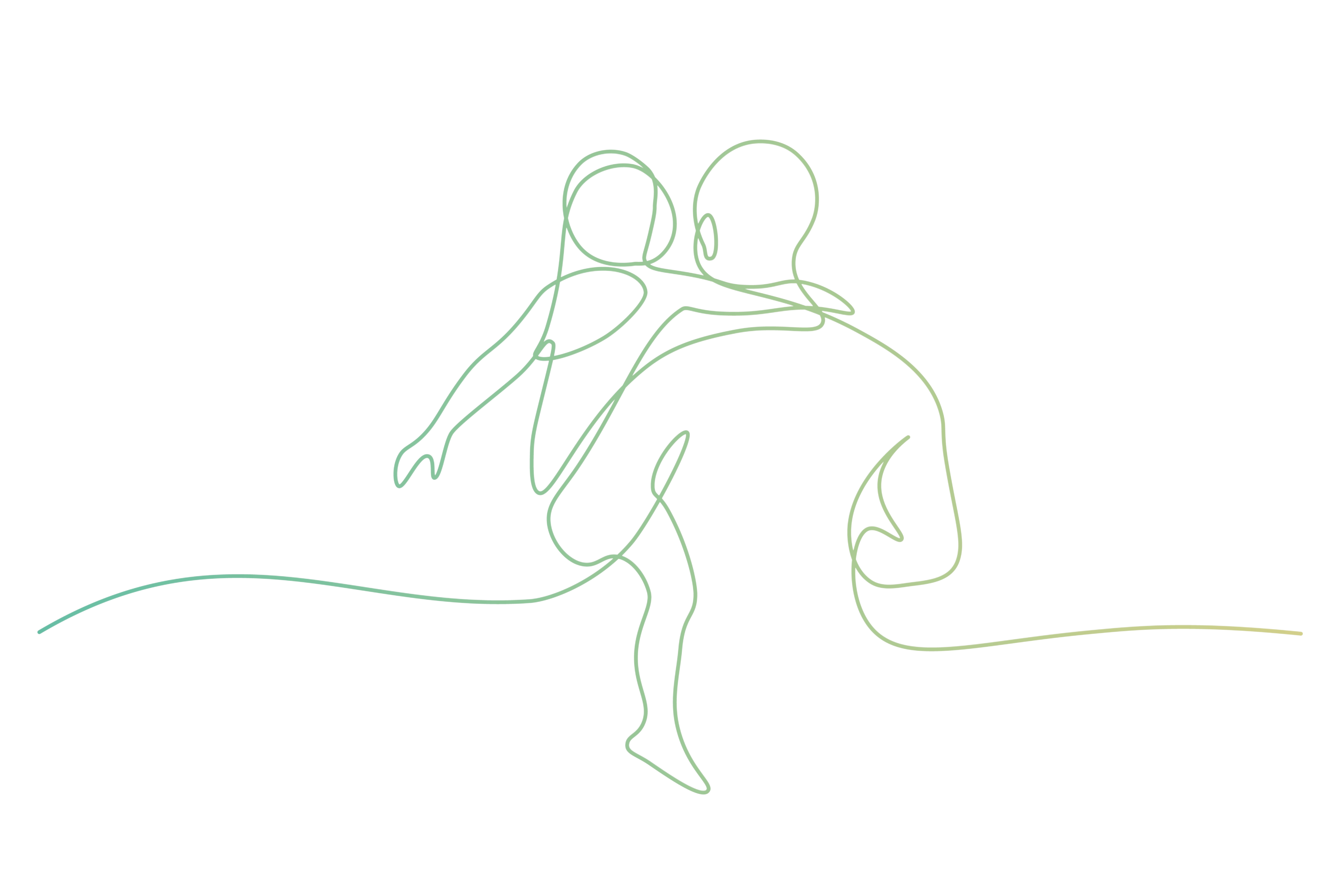Veteran Family Virtual Summit: Empowering Veteran Families through knowledge, community and hope
The Veteran Family Virtual Summit 2024 is now open for registration. Learn more at atlasveterans.ca/community/events/family-summit-2024/
The goal of the Veteran Family Virtual Summit was to empower Families with information, tools, and resources about Veteran and Family mental health by exploring topics such as compassion fatigue, impacts on children, and effects on relationships.
This virtual summit brought together speakers from across Canada, where experts in the field shared their knowledge and insights on issues of critical importance to military and RCMP Families.
Veteran Family Virtual Summit 2023: Summary report
Keynote Speakers
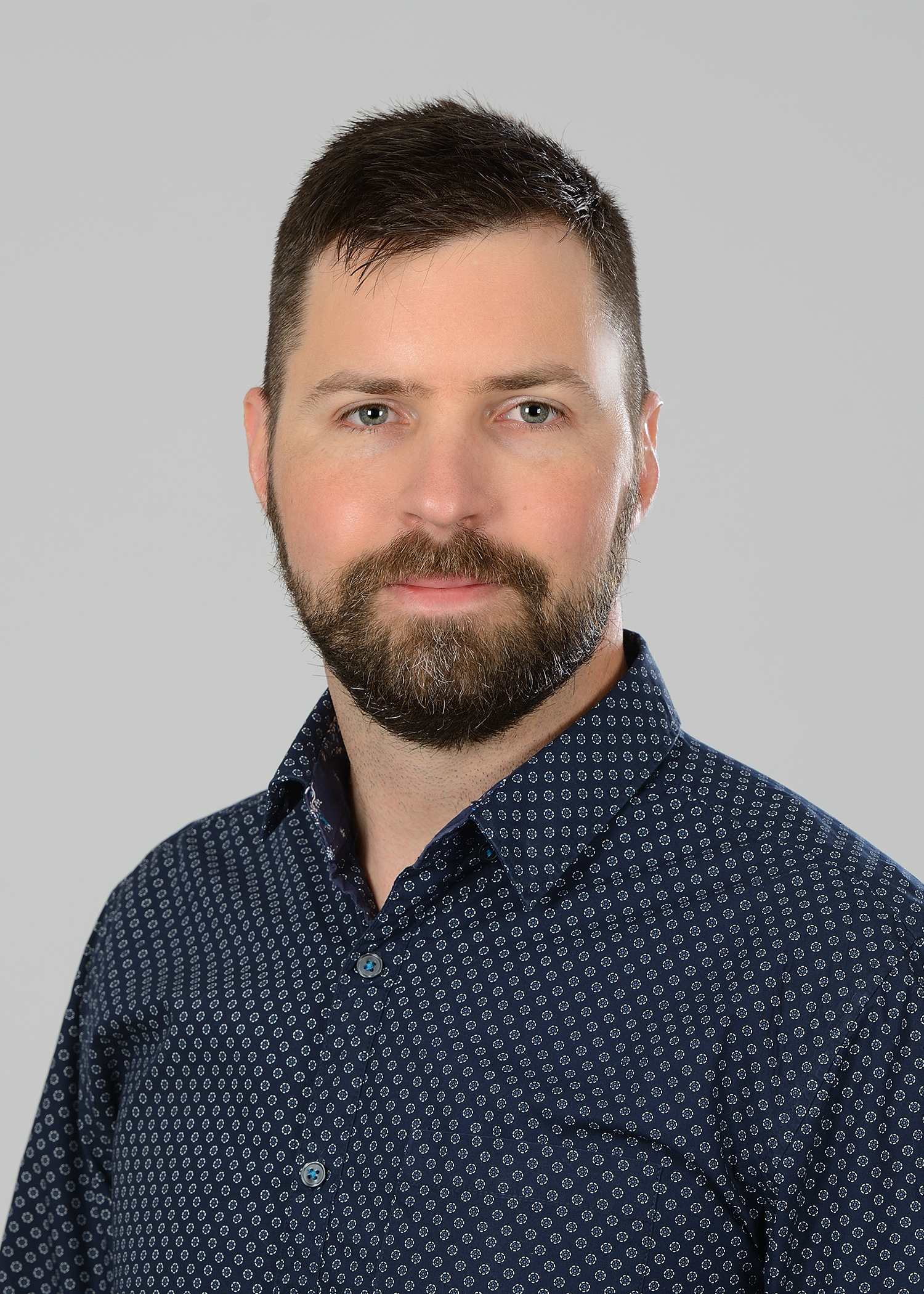
Guy Dallaire
Breaking the Family mold
Guy Dallaire was born into a multigenerational military family. He enrolled in the Canadian Armed Forces in 2005, serving in both the Reserve and Regular Force until a medical release in 2020. In 2021, Veterans Affairs Canada recognized his diagnosis of post-traumatic stress disorder (PTSD). Today, Dallaire continues to work for the Department of National Defence as a public servant. He devotes much of his spare time to researching the impacts of multigenerational trauma on adult children of Veterans and first responders. His findings will be published in an upcoming book.
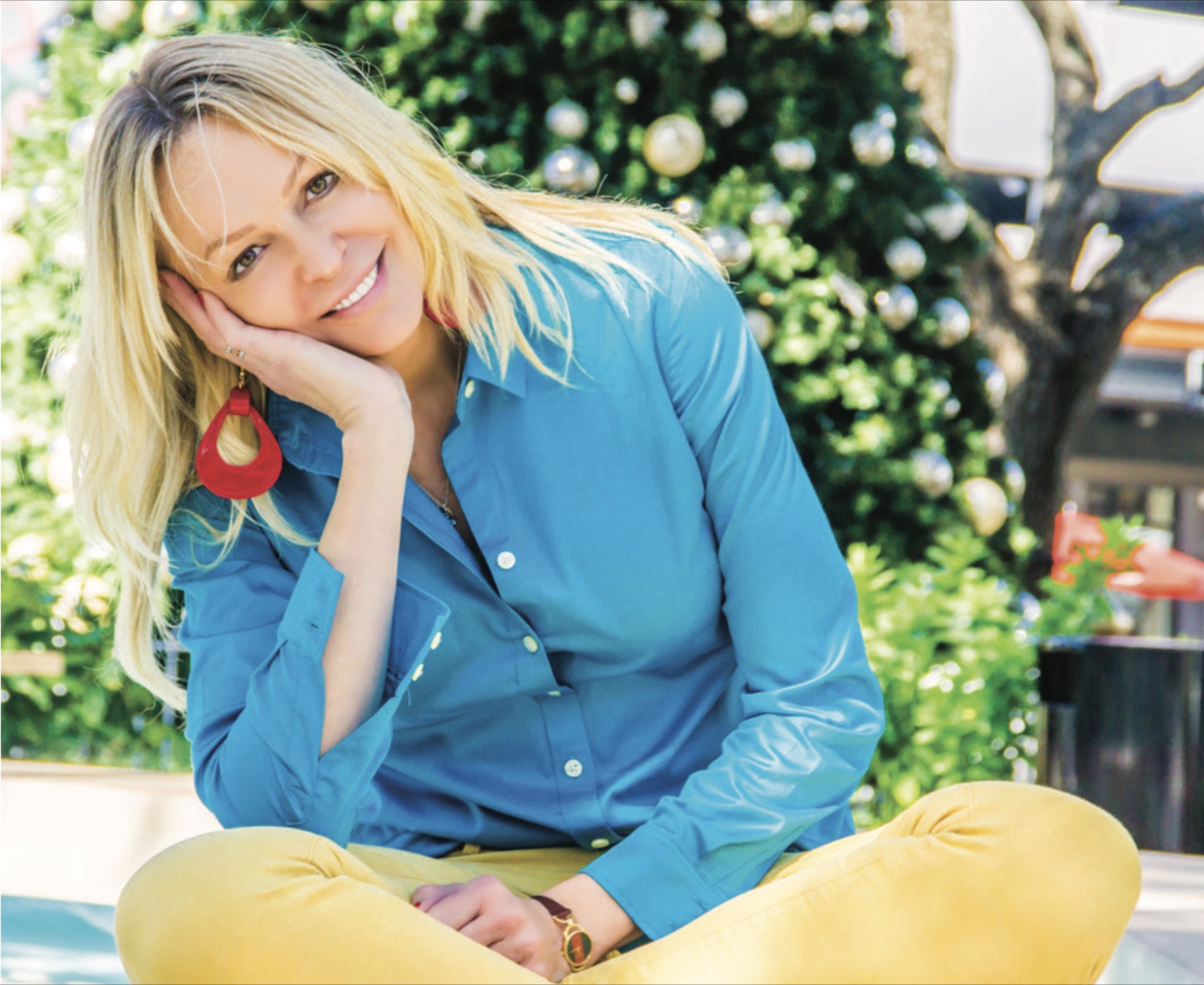
Kathleen Mills
Chasing Freedom, combat injuries don’t just happen on the battlefield
Kathleen Mills is an executive coach and certified yoga teacher. She provides yoga and trauma training that includes Yoga Nidra for Veterans. She also holds a master’s degree in leadership and several fitness and personal training certifications. A proud mother to two grown children, she lives in Cochrane, AB, with her spouse, Darryl and her dog, Zeus. “Chasing Freedom: My Story of Service, Sacrifice and Redemption” is her first book, but she has also had her poetry published in several sources.
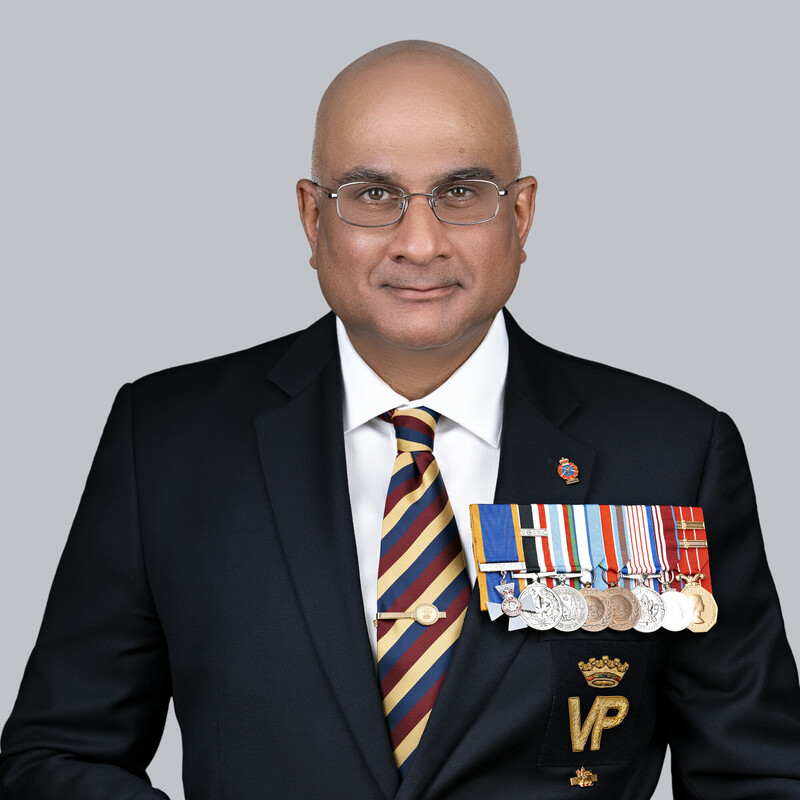
Huf Mullick
Lived Expertise Lead, Veterans
Lived Expertise Lead, Veterans – Atlas Institute
Huf Mullick’s interest in the military started as a young boy growing up in Vancouver. He enrolled in the Air Cadet program in the early 1980s and then joined the CAF in 1982 as a Reservist with the Royal Westminster Regiment. His time with the “Westies” was the impetus to join the Regular Force in 1983. Huf served full-time with the Princess Patricia’s Canadian Light Infantry for the next 25 years. His tours of duty included overseas service with North American Treaty Organization and the United Nations. At home, Huf’s various postings included military exercises across Canada, the United States, and numerous postings such as the Canadian Forces Leadership and Recruit School in Saint-Jean-sur-Richelieu, Quebec and the Canadian Forces Recruiting Centre in Vancouver. In 2007, Huf transitioned out of full-time service back into the Reserves and his final duty was as the Regimental Sergeant Major of the British Columbia Regiment. Huf retired in May 2021 after receiving his commission and the Order of Military Merit. He joined the Atlas Institute for Veterans and Families in November 2021 as the Lived Expertise Lead, Veterans.
Agenda
Lived Expertise Lead, Families – Atlas Institute for Veterans and Families
Raising awareness on intergenerational trauma within the military and first responder communities
When we think about Families and PTSD, the conversation often focuses on caregiving. While this can be an important role, families are more than the support systems to the person living with an operational stress injury. Families matter, in their own right, independent of the individual with the mental health issue. Families incur their own issues and needs through service. Families need support in their caregiving roles but also for their direct needs, not just as an extension of the organization or health care team.The presentation discussed a Family-centred approach to dealing with operational stress injuries.
Valcartier Military Family Resource Centre
Toronto Metropolitan University
President and CEO – Atlas Institute for Veterans and Families
Lived Expertise Lead, Families – Atlas Institute for Veterans and Families
Lived Expertise Lead, Families – Atlas Institute for Veterans and Families
Professor and Graduate Coordinator
Department of Family Studies and Gerontology, Mount Saint Vincent University
![]() Dr. Helena Hawryluk
Dr. Helena Hawryluk
Associate Clinician, Co-Founder of Shoulder to Shoulder, and Director of Warrior Kids Program with Wounded Warriors Canada
Associate Clinician, Co-Founder of Shoulder to Shoulder, and Director of Warrior Kids Program with Wounded Warriors Canada
Veteran Family members often have a quiet strength and their own brand of courage. This Veteran Family lived experience panel gave voice to that strength and courage by sharing how knowledge, community and hope played a significant role in their journeys.
Moderators
We see you, we are you.
Giving a voice to the Veteran and Family community, one story at a time
Lived Expertise Lead, Families – Atlas Institute for Veterans and Families
Panelists:
President and CEO – Atlas Institute for Veterans and Families
Lived Expertise Lead, Families – Atlas Institute for Veterans and Families
Bios
Aînée Geri Musqua LeBlan
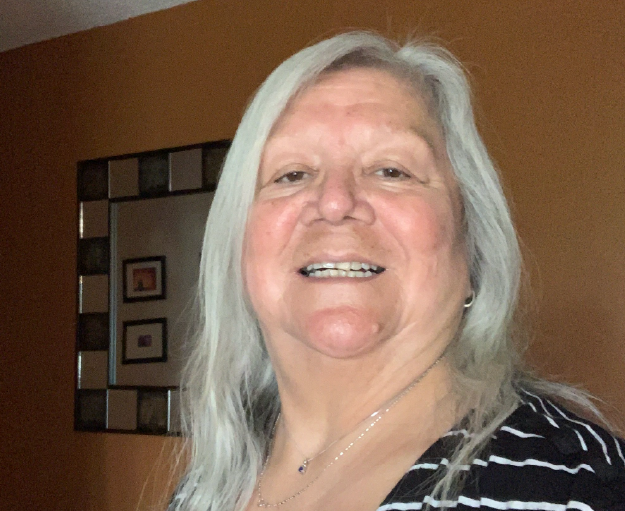
Bethany Easterbrook, Adult Child
Bethany Easterbrook (she/her) is a clinical psychology PhD Candidate at McMaster University, and an Atlas Institute Family Reference Group member. Her father served in the CAF for 29 years and her brother is a currently serving CAF member. She previously obtained her undergraduate degree in kinesiology with a major in psychology from the University of Toronto, and a master’s degree in health research methodology from McMaster University. Her doctoral research focuses on moral injury and mental health outcomes in military members and public safety personnel.
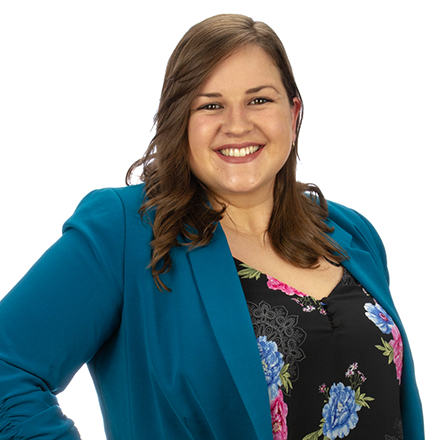
Diane Welburn, CAF Veteran
Diane Welburn joined the Canadian Armed Forces, Infantry in 1988. Sometime later, she then transferred as a supply technician. Her postings were Wainwright, Calgary and Edmonton in Alberta, Comox, B.C. and Shilo, Man. Throughout her career, she completed three tours in Bosnia, Egypt and the United Arab Emirates. She retired as a Warrant Officer from the Canadian Armed Forces in December 2013. Following her retirement, she took some time off to go fishing and see what she wanted to do with a second career. In 2014, she received an opportunity to work with Veterans and still-serving members with the Department of National Defence’s Operational Stress Injury Social Support (OSISS) program as a Peer Support Coordinator and knew it would be a great fit for her. She was in this role from August 2015 until February 2022. She has since retired and now live in Ontario where she is involved with the Royal Legion, gets to spend quality time with her family and leisure time fishing while looking for opportunities to be involved with the military and Veteran community.
NOTE: As one of the first women to enlist in the Infantry combat trade, she openly shares her experiences of facing abuse, discrimination and harassment while proving herself as an infanteer. What helped her overcome the pain and the anguish was her strength, resilience and the power of kindness.
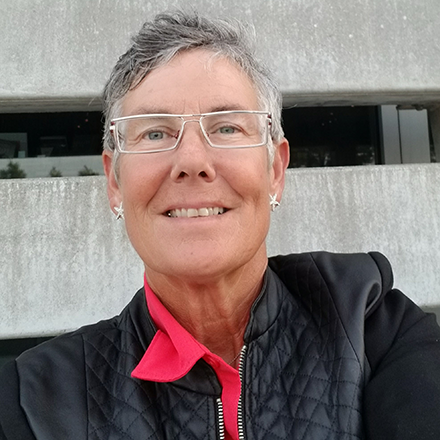
Dr. Candice Monson
Candice M. Monson, PhD, is a professor of psychology at Toronto Metropolitan University. Dr. Monson is one of the foremost experts on traumatic stress and the use of individual and conjoint therapies to treat PTSD. She has been externally funded and has published extensively on the development, evaluation and dissemination of PTSD treatments and interpersonal factors in trauma recovery. She has co-authored seven books, including “Cognitive Processing Therapy: A Comprehensive Manual and Cognitive-Behavioural Conjoint Therapy for PTSD”, and has published more than 150 publications. Dr. Monson is well known for her efforts in training clinicians in evidence-based assessments and interventions for PTSD.
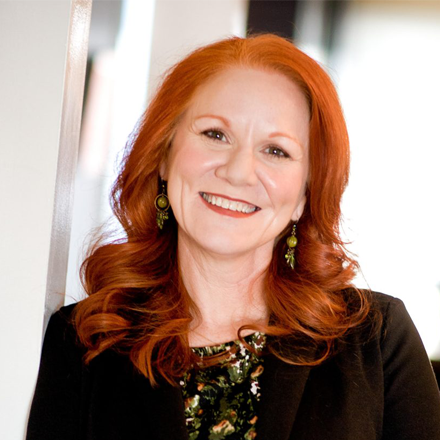
Dr Anthony Nazarov
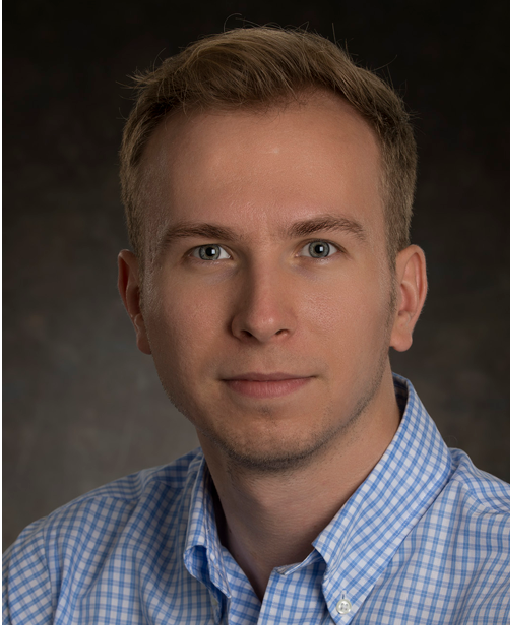
Dr. Helena Hawryluk
Dr. Helena Hawryluk, PhD, RSW and Jerris Popik, MSW, RSW, are co-founders of Families First: Supports for Occupational Stress Inc. and directors of the National Warrior Kids Programs offered through Wounded Warriors Canada, available to children and youth from military and first responder families impacted by a parental psychological injury.
Dr. Helena Hawryluk and Jerris Popik have spent more than a decade creating a space for the development and provision of meaningful mental health services for Veteran and first responder Families. They believe in critically examining what the research offers in terms of new knowledge on this population and translating this into evidence-informed practice.
Dr. Hawryluk completed her undergraduate degree in psychology at Concordia University, a Bachelor of Social Work from the University of Calgary, followed by her Master of Clinical Social Work and then her PhD with the Faculty of Social Work at the University of Calgary. Dr. Hawryluk was awarded the Wounded Warriors Doctoral Scholarship for her research with youth in military Families impacted by PTSD, post-Afghanistan war.
Jerris Popik received an applied psychology degree from Concordia University and her Master of Clinical Social Work from the University of Calgary. Both have practised as registered social workers for more than 15 years with Families of the Canadian Armed Forces and public safety personnel.
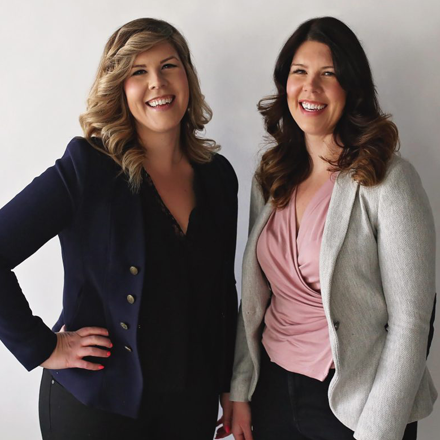
Dr. Heidi Cramm
Dr. Heidi Cramm, PhD, OT Reg. (Ont.) is an occupational therapist and associate professor in the School of Rehabilitation Therapy at Queen’s University. As research lead for the Families Matter Research Group, she engages in research and knowledge mobilization around mental health and trauma, focusing on the Families of Military, Veterans and public safety personnel. Dr. Cramm also serves as the Research Advisor, Military and Veteran Families, for the Canadian Institute for Military and Veteran Health Research (CIMVHR).
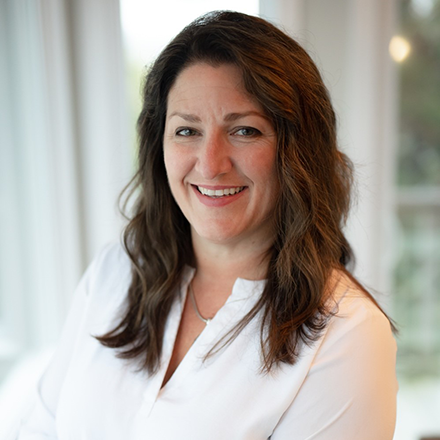

Deborah A. Norris
Dr. Deborah Norris, PhD, is a professor in the Department of Family Studies and Gerontology at Mount Saint Vincent University. Informed through her background in family science, her research program examines the relationship between operational stress and the well-being of military and Veteran Families and the families of public safety personnel.
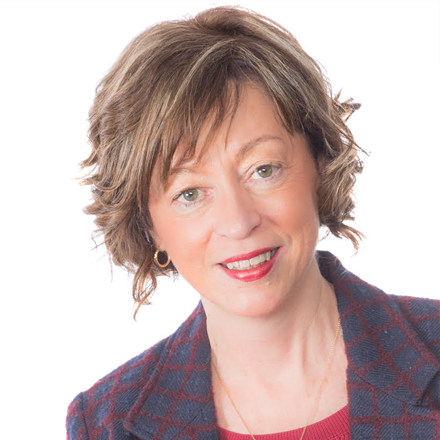


Fardous Hosseiny
Before coming to the Atlas Institute, Fardous was most recently the interim National Chief Executive Officer and the National Director of Research and Public Policy at the Canadian Mental Health Association, National.
He completed a Master of Science with a focus on the neuroscience of addiction and a B.Sc. Honours double major in Health Studies and Neuroscience, both at the University of Toronto.
His research focuses on strategic policy issues related to mental health system transformation, parity legislation, substance use and addiction, and mental health for newcomers and underrepresented groups.
Mr. Hosseiny is also a frequent commentator on these issues for Global News, CBC, the Globe and Mail, and the Toronto Star, among others.
Mr. Hosseiny was a part of the Canadian delegation to the 73rd Session of the United Nations General Assembly and played a role in the development of the first-ever United Nations event dedicated to mental health. He also serves on many national and international committees, including as an executive advisor member of the Global Alliance for Mental Health Advocates (GAMHA) and as past co-chair for the Canadian Alliance for Mental Illness and Mental Health (CAMIMH).
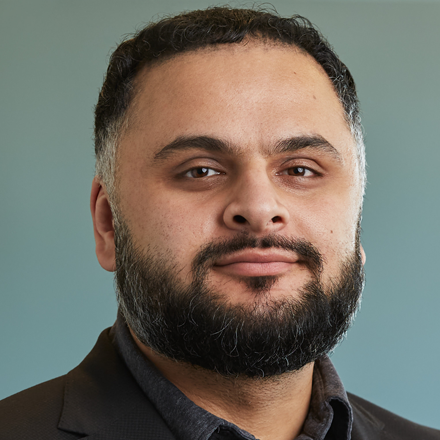

Guy Dallaire
Guy Dallaire was born into a multigenerational military family. He enrolled in the Canadian Armed Forces in 2005, serving in both the Reserve and Regular Force until a medical release in 2020. In 2021, Veterans Affairs Canada recognized his diagnosis of post-traumatic stress disorder (PTSD). Today, Dallaire continues to work for the Department of National Defence as a public servant. He devotes much of his spare time to researching the impacts of multigenerational trauma on adult children of Veterans and first responders. His findings will be published in an upcoming book.


Huf Mullick
Huf Mullick’s interest in the military started as a young boy growing up in Vancouver. He enrolled in the Air Cadet program in the early 1980s and then joined the CAF in 1982 as a Reservist with the Royal Westminster Regiment. His time with the “Westies” was the impetus to join the Regular Force in 1983. Huf served full-time with the Princess Patricia’s Canadian Light Infantry for the next 25 years. His tours of duty included overseas service with North American Treaty Organization and the United Nations. At home, Huf’s various postings included military exercises across Canada, the United States, and numerous postings such as the Canadian Forces Leadership and Recruit School in Saint-Jean-sur-Richelieu, Quebec and the Canadian Forces Recruiting Centre in Vancouver. In 2007, Huf transitioned out of full-time service back into the Reserves and his final duty was as the Regimental Sergeant Major of the British Columbia Regiment. Huf retired in May 2021 after receiving his commission and the Order of Military Merit. He joined the Atlas Institute for Veterans and Families in November 2021 as the Lived Expertise Lead, Veterans.


Jerris Popik
Dr. Helena Hawryluk, PhD, RSW and Jerris Popik, MSW, RSW, are co-founders of Families First: Supports for Occupational Stress Inc. and directors of the National Warrior Kids Programs offered through Wounded Warriors Canada, available to children and youth from military and first responder families impacted by a parental psychological injury.
Dr. Helena Hawryluk and Jerris Popik have spent more than a decade creating a space for the development and provision of meaningful mental health services for Veteran and first responder Families. They believe in critically examining what the research offers in terms of new knowledge on this population and translating this into evidence-informed practice.
Dr. Hawryluk completed her undergraduate degree in psychology at Concordia University, a Bachelor of Social Work from the University of Calgary, followed by her Master of Clinical Social Work and then her PhD with the Faculty of Social Work at the University of Calgary. Dr. Hawryluk was awarded the Wounded Warriors Doctoral Scholarship for her research with youth in military Families impacted by PTSD, post-Afghanistan war.
Jerris Popik received an applied psychology degree from Concordia University and her Master of Clinical Social Work from the University of Calgary. Both have practised as registered social workers for more than 15 years with Families of the Canadian Armed Forces and public safety personnel.




Jason Anderson, RCMP Veteran
Jason Anderson served 20 years in the RCMP and medically retired in 2021 because of his post-traumatic stress disorder (PTSD). He transitioned to a career as a social worker / psychotherapist in Brantford, Ont., where he specializes in working with first responders, public safety personnel and military Veterans dealing with occupational stress injuries and PTSD. He also volunteers with the County of Brant / Brantford Critical Incident Stress Management (CISM) team as a mental health support.
In 2019, following his involvement with a residential treatment program, Jason assisted in the establishment of and functioned as the main facilitator for a peer support group for public safety personnel and military members.
Before his career as a police officer, Jason worked as youth care worker and social worker, providing him with extensive experience in running therapeutic treatment groups.
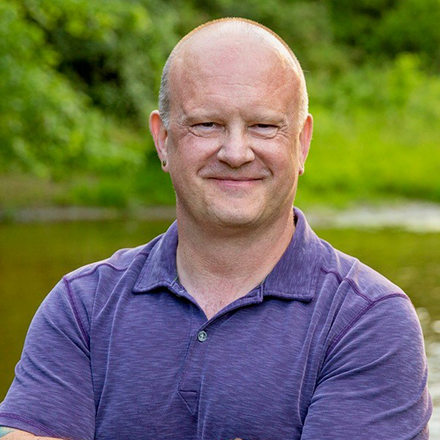


Kathleen Mills
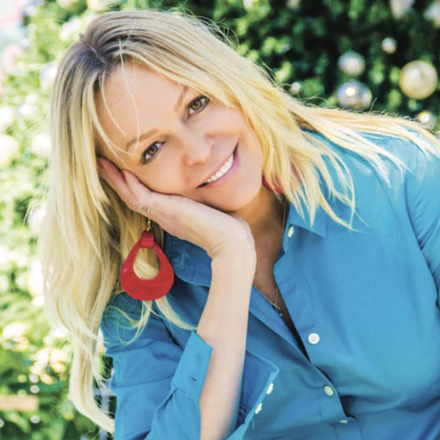


Laryssa Lamrock
Laryssa Lamrock is the National Strategic Advisor for Families at the Atlas Institute for Veterans and Families. She has a unique blend of experiences in nursing and military Family deployment support. In addition, she has extensive knowledge and expertise in the field of peer support as well as lived experience as the spouse of a Veteran living with PTSD. She is also the daughter and mother of military members. Laryssa draws from these experiences as she advocates passionately for, and represents the voices of, military and Veteran Family members.
After 12 rewarding years with the Operational Stress Injury Social Support (OSISS) program, Laryssa believes strongly in the importance of Family involvement in the recovery process. It can improve the prognosis of mental health issues and have positive impacts on Family functioning and wellness. She feels there are many more services and programs that can be developed and made accessible to those supporting those who serve and have served in the Canadian military.
Her work has provided her with numerous outreach opportunities including speaking engagements at the National Conference on PTSD, an appearance before the House of Commons Standing Committee on Veterans Affairs, and at the Canadian Embassy in Washington, D.C. She has also served on a number of committees, including the MacDonald Franklin OSI Research Advisory Council. She is a former member of the National DND-VAC-RCMP Mental Health Advisory Committee and is the co-author of the article “Coping as a spouse of a military Veteran with PTSD during the COVID-19 pandemic” published in the Journal of Military, Veteran and Family Health. Laryssa has also developed and co-facilitated a series of OSI Family workshops with the Parkwood OSI clinic.
Recently her focus has also broadened to include first responders and their families — an impassioned interest as her son is a paramedic. She is driven to help identify the gaps and share lessons learned from the military/Veteran community. What she discovered is that it doesn’t matter what uniform you (or your loved one) wear(s).
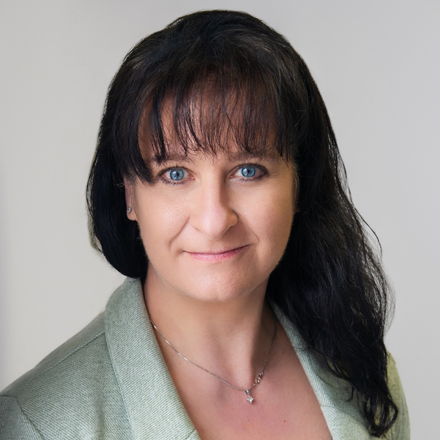

Lorraine Brown, Veteran Family Member, Sister
Lorraine Brown has worked in education for more than 27 years in the roles of teacher, vice-principal and principal. Through her lived experience, Lorraine has developed a passion for teaching and writing about equity, diversity and inclusion. She has taught on these subjects at the elementary, secondary and university levels, and has given workshops in the private sector. She believes in giving back and does so by mentoring young women and teachers.
When Lorraine is not spending time with her husband, children, grandchildren and extended family, you will find her in the great outdoors, engaging with Mother Nature through walking, hiking, biking and photography. She also enjoys visits with friends, cooking, baking, meditation, yoga, reading and listening to Motown and jazz music.
Lorraine is the sole caregiver of her “big” brother, a proud yet broken CAF.
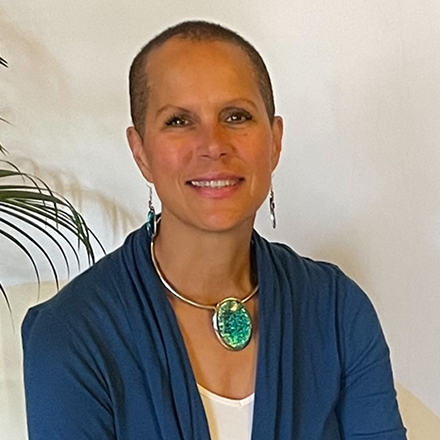


Maude Arsenault
Maude Arsenault joined the Valcartier MFRC team as a Veteran Family Support Worker in 2019. She holds a Bachelor’s degree in social work and began her career in a correctional institution. With her expertise in mental health and strong empathy, Maude focuses on the issue of compassion fatigue among caregivers and developed a workshop on the subject, aimed primarily at spouses of military personnel and Veterans with operational stress injuries. Committed to providing the best services to her clients, Maude has helped develop and strengthen connections with key partners in the community, leading to the implementation of innovative projects to improve services offered to the community.
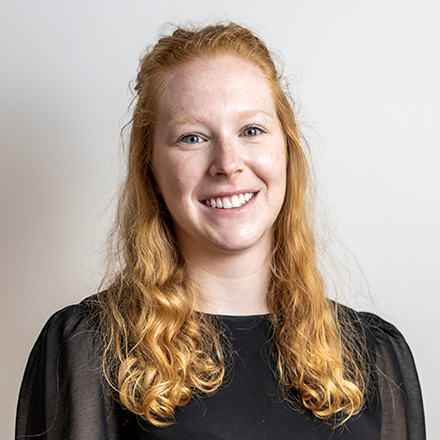

Maya Eichler
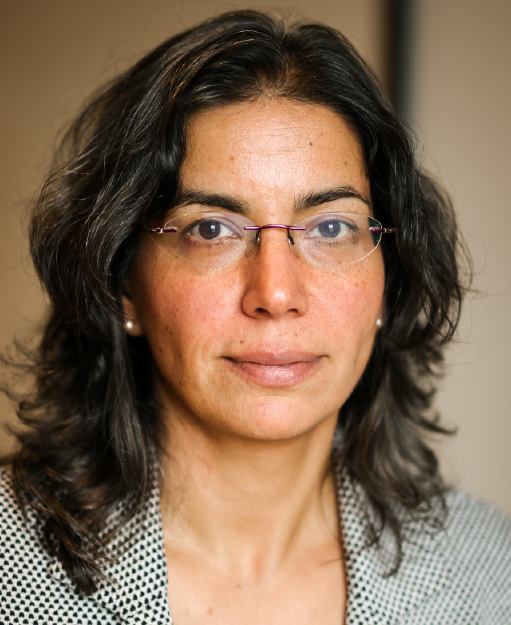

Natalie Champagne
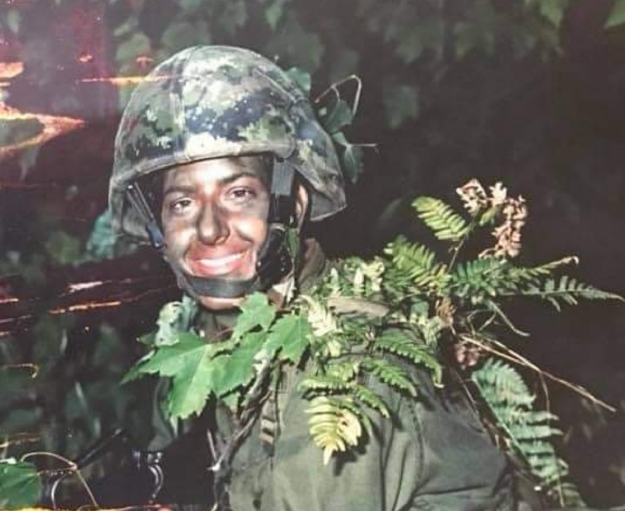

Polliann Maher
Polliann Maher is the Lived Expertise Lead, Families with the Atlas Institute for Veterans and Families. She is the spouse of a Veteran with PTSD and brings more than 20 years of lived experience navigating the mental health system to her role. She has a background in community service work, earned by returning to school through the Veteran Affairs Rehabilitation Services and Vocational Assistance Program in 2009. Polliann spent slightly more than 10 years providing peer support to Family members with the Operational Stress Injury Social Support (OSISS) program as a Family Peer Support Coordinator in southwestern Ontario. This experience allowed her to utilize her own lived experience and her understanding and knowledge of mental health to help peers navigate the systems that can be so overwhelming to many Family members. She was instrumental in the planning and executing of online opportunities for Family members during the pandemic with a psychoeducational webinar series through the OSISS program. Polliann is passionate about educating the Veteran community and sharing her knowledge of the resources that are available to them. She is a strong advocate around changes that encompass the Family, which are many times forgotten or an afterthought.Polliann has also served on several committees, including the MacDonald Franklin OSI Research Advisory Council, and the Board of Directors with the Southwestern Ontario Military Family Resource Centre (MFRC). She is the co-author of the article “Coping as a spouse of a military Veteran with Post-Traumatic Stress Disorder (PTSD) during the COVID-19 pandemic,” published in the Journal of Military, Veteran and Family Health. Polliann has also developed and co-facilitated a series of OSI Family workshops with the Parkwood OSI clinic.
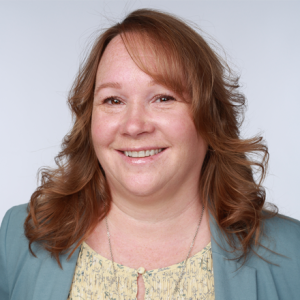

Shauna Mulligan
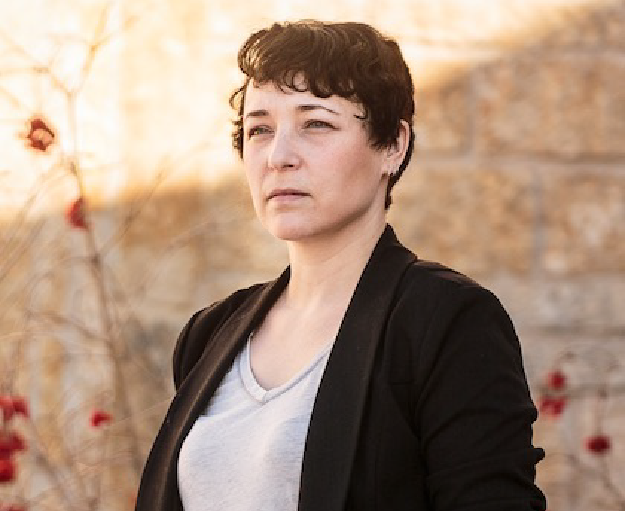

Tammy Findlay
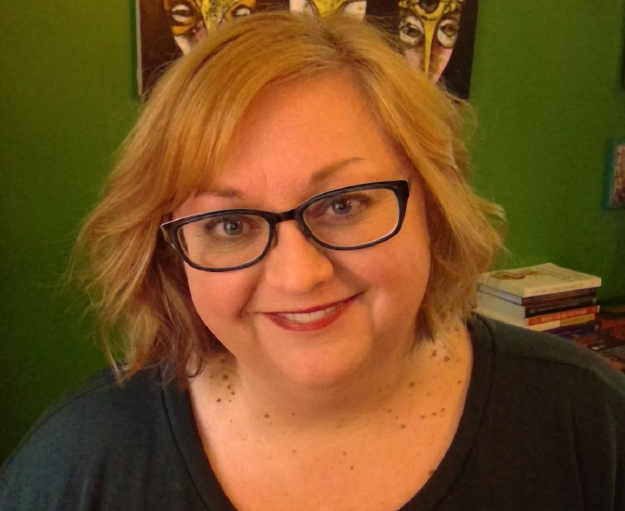

Tim Jeliff, Spouse
Tim Jeliff is a British guy that came to Canada more than 25 years ago (by himself)
He has travelled all over the world and worked/lived/played in the United Kingdom, France and British Columbia. He is settled in Barrie, Ont. where he works and lives.
He enjoys the outdoors, travel, music and mountain biking (his main sports hobby).
He and his spouse have been married for nine years and been together for 13 years. They were together when she retired from the military.
They enjoy a very loving and connected relationship and through the many struggles that PTSD brings, they are still in love and each other’s number one.
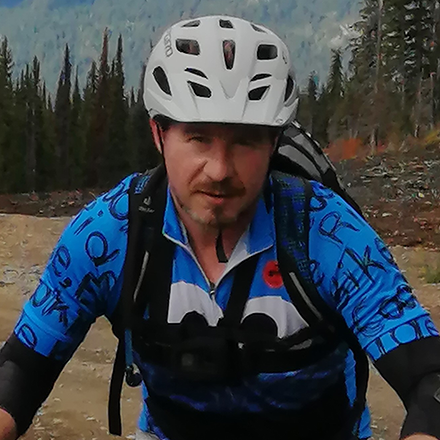


Walter Callaghan
